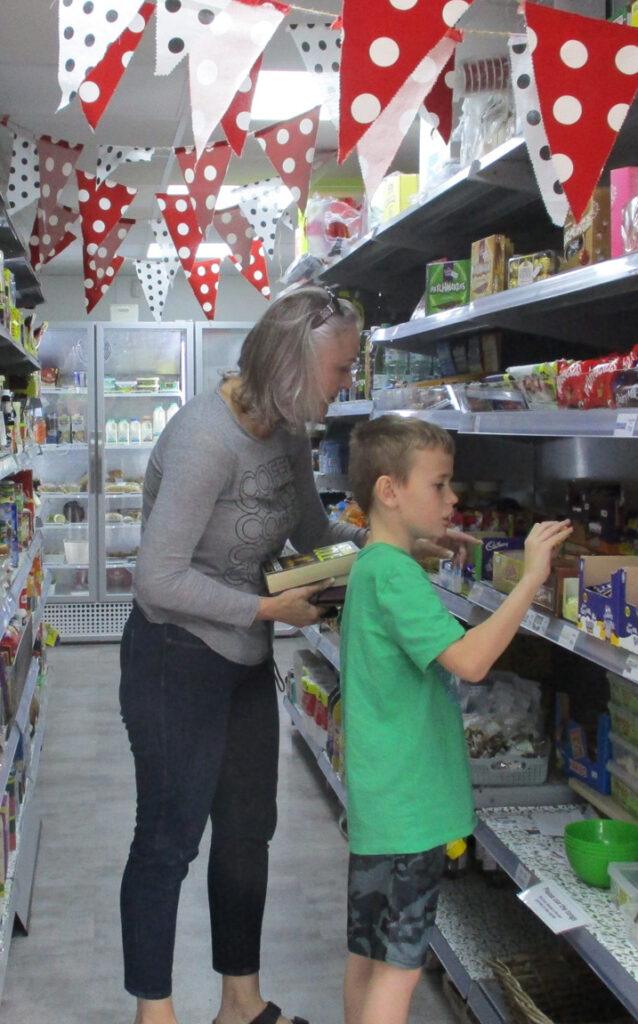Chris Cowcher, Plunkett’s Head of Policy and Communications, provides a review of what was announced by the Chancellor at today’s Spring budget.
Billed as the last budget before the election, the Chancellor’s budget was always going to draw headlines.
Whether it was the way he spoke, or the number of times the term “turned a corner” was used to back his points, there can be no doubt that it was a speech delivered confidently by Jeremy Hunt. As the dust settles, it is also one that will now be pawed over for further detail and considered in the context of whether it will improve the poll ratings of the Conservative Party ahead of a General Election.
Overall, the budget focused on individual tax with there being very few announcements aimed at business. Whilst the pre-announced extension of the Recovery Loan Scheme will be welcomed by partners of Plunkett, particularly those operating in the world of social investment, there was little else in today’s announcements that was specifically targeted at the community-owned business sector.
As usual I have looked at the announcements from a purely ‘community business’ point of view and shared my thoughts below.
What is of interest?
There are number of other measures that people involved with our movement may be interested to read more about, most notably these are:
What else was announced?
There was also a swathe of ‘Levelling Up’ related announcements, including 20 new places which will benefit from the Towns Fund and news of devolved powers for areas such as Buckinghamshire, Warwickshire, and Surrey. With the ambition to bring ‘power closer to communities’ through the devolution agenda it will be interesting to see how community businesses in these areas can benefit from these announcements.
Whilst devolved powers will be welcomed by the local government sector, the backdrop to today’s budget does however follow months of media coverage about the cost pressures facing local councils across England.
At a time when Plunkett has sought to deepen our relationship with local government, particularly in relation to their responsibilities for registering assets of community value in England and the delivery of UKSPF funds, we will be keen to see how the long-term implications of the budget will impact the precarious state many councils are in.
We will continue to make the case for community-owned businesses across the nation, as a movement delivering significant social, economic and environmental impacts at a grassroots level. It is vital that this sector continues to be nurtured and supported to grow and that it is not neglected in the face of expected further cuts to public finance.

What can you do?
In an election year, there will be lots opportunities for Plunkett to promote the impact of the community-owned business sector and the work of our members to politicians, prospective parliamentary candidates and other policy makers.
If you are interested supporting our advocacy work this year please do get in touch via data@plunkett.co.uk , or join as an individual support member for £20 – Become a member link.




